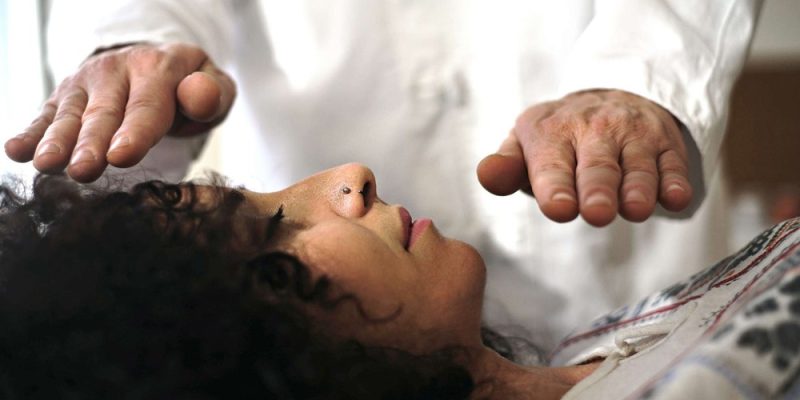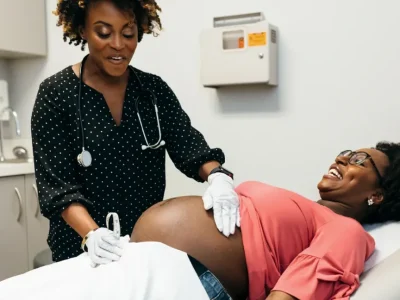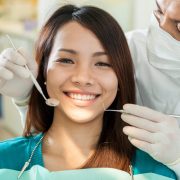Overproduction of androgens in your body is typically the cause of excessive face and body hair. Men and women have androgens, but men have far larger quantities of these biologically active hormones. The ovaries and the adrenal glands both create androgens in females. Androgens may induce some vellus hairs to transform into terminal hairs if your hair follicles are hormone-sensitive. Compared to vellus hair, terminal hair is longer, darker, coarser, and grows quickly and thickly. After knowing the hair PCOS symptoms, you should consult the doctor and take the treatment according to what is essential. Below you can see how to manage PCOS-related hair loss:
Why does PCOS cause hair loss?
The female body produces androgens, or male hormones. It includes testosterone. Androgens play a part in initiating puberty and promoting pelvic and underarm hair growth. They also serve another significant role. Increased androgen production brought on by PCOS leads to virilization. The growth of more male traits, such as abundant hair in areas where it doesn’t usually grow, such as the face, neck, chest, and abdomen, are among the hair PCOS symptoms.
The hair on your head may begin to thin due to these excess androgens, especially close to the front of your scalp. This condition is also known as androgenic alopecia or female pattern hair loss. Likely, your hair won’t regrow on its own if PCOS causes you to lose it. Specific treatments will be required to promote hair growth.
PCOS hair loss treatments
Hormonal treatments could be beneficial because a hormonal imbalance causes PCOS. Before you see results, you might need to test a few treatments for some time.
Topical treatments
An FDA-approved medication called minoxidil 5% treats female pattern baldness and hair loss. Every day, you apply this topical medication to your scalp. It promotes hair regrowth. According to many doctors, topical minoxidil is recommended before other treatments.
Antiandrogens
The FDA has approved the diuretic spirolactone authorization to treat edoema. Since it prevents androgens, it is also used to treat PCOS hair loss and acne. According to studies, spironolactone treatment improved hair loss in 44–74% of patients with female pattern baldness. Before you get results from this medicine, you might need to take it for a while. Another medicine that is a pure antiandrogen is flutamide, which is occasionally used to treat hormonally driven cancer.
Platelet-rich plasma
PRP is a procedure in which your blood is collected, and the platelets are spun down to concentrate them. This concentrated platelet solution is then injected into the affected areas of your scalp.
Hair transplants
Hair follicles are surgically taken from a region with a lot of hair and then transplanted to an area where you have hair loss in hair transplants. To regain fullness, you could undergo a few procedures.
Winding up
Thus, the above details are about how to manage PCOS-related hair loss. Many of you have this doubt can PCOS be cured permanently. Following the right treatment and taking the proper medicines and foods, as per the doctor’s advice, may have the changes to cure.











Comments